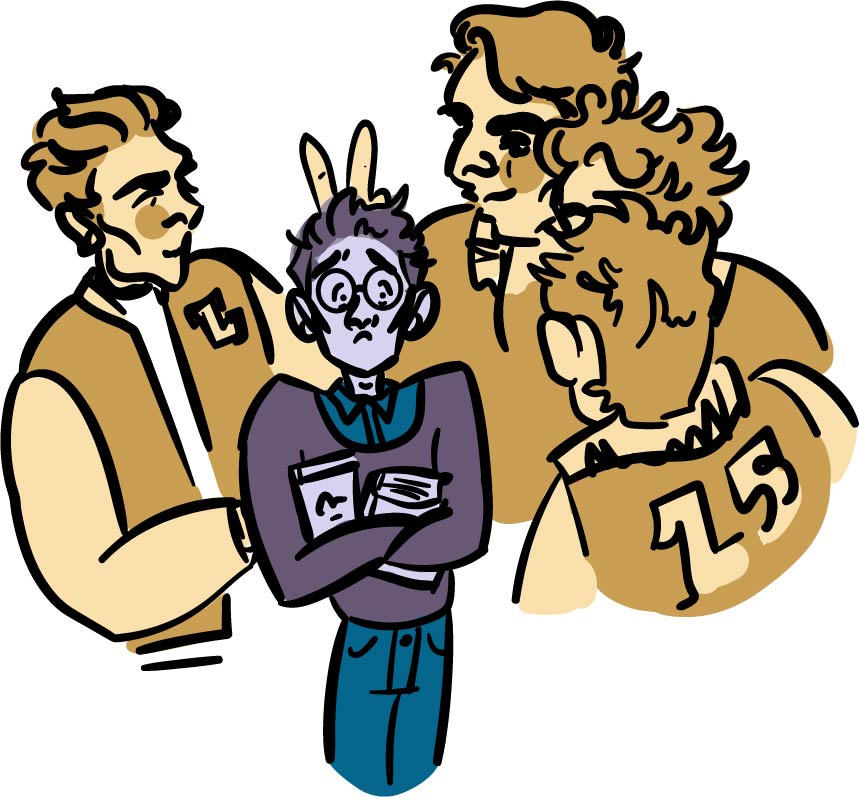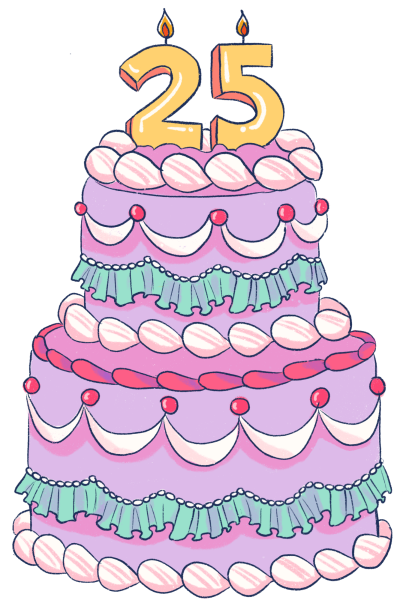Critiquing the Unrealistic Portrayal of High School
August 21, 2019
High school is a complex experience for us all. Students go through a lot of changes, ranging from physical to mental and even emotional. It’s a time of transition from immaturity and innocence into one of independence and eventual adulthood. I’d describe it as a long and twisty road that a lot of us have trouble navigating, and it doesn’t help that many of our expectations of what high school should comprise are shaped by the way it is portrayed in the media.
In the case of adolescence and high school, the media oversexualizes and overdramatizes high school life to make movies and TV more interesting to younger audiences. Popular shows focused on teenage life frequently feature characters whose entire personalities are based on their sexuality and love life. They are grotesque archetypes whose characteristics have been distorted to help push narratives of unrealistic character arcs. With those features as the defining qualities in shows, their storylines are built on sex and scandal instead of multi-dimensional content that mimics what real life is actually about. In reality, we all have many things going on at once, and no one has just one single defining characteristic. High schoolers are constantly juggling school, social life, sports, home life, friends, and countless other things. This is not to say that a person’s sexuality isn’t a big part of what makes them who they are or even that sexuality isn’t a big part of being a teenager, but it definitely isn’t the sole factor that makes a person interesting or all a person has to offer.
The focus on sexuality is only heightened by the fact that roles of high school students are frequently played by actors who are much older. Older actors playing students can also help foster body image issues in teens since the characters meant to represent high school students are not accurately showing what a teen body looks like. Looking at the recent HBO series Euphoria, a show focusing on juniors and seniors that would be 17 or 18. All of the star actors are played by actors well into their 20s. When juniors or seniors see these actors, they are looking at fully grown adults, which holds them to an unrealistic standard of what they should look like. It pushes the viewers to have impractical and unhealthy ideas as to what their still developing bodies should to appear as.
One of the biggest problems about the way high school is portrayed through TV or film is that it sets an unrealistic ideal or facade of what high school should be like. From making a character’s sexuality their defining characteristic or setting ideas about what high schoolers should look like, there are few accurate portrayals that attempt to foster positive themes that could be beneficial for a student to watch. Even trying to think about a show which features high school characters that aren’t being shown in these possibly detrimental ways is difficult, which is why this is such an issue. There are virtually no mediums that portray high schoolers in ways that aren’t focused on generally unrealistic ideals that create a harmful standard of what to be like towards actual high schoolers.
While many shows don’t show much of an attempt to showcase more positive elements that are not likely to negatively impact any high schooler watching, there are some shows which do. American Vandal is a good example, being one of the few high school shows which portrays teenagers in a way that accurately depicts what most teenagers look like — not as adult-looking 20 to 24 year olds. It is also a show which mostly stays away from focusing on some of the idealized elements of high school in other TV shows.
As we continue to plunge into a world where the media takes up more and more of our lives, it is important for these mediums to at least begin making more of an effort to stay true to the reality of most high schoolers. High school is not a story of rampant drama, but a chance at experimentation and self discovery.








